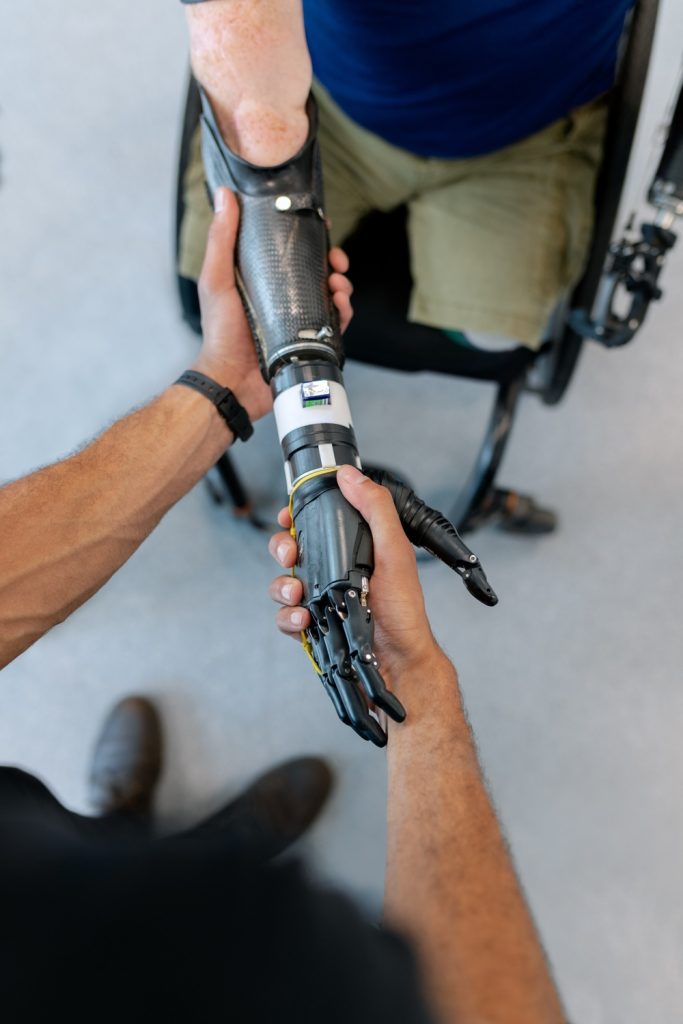Table of Contents
- What is VA travel pay?
- When will the VA reimburse travel costs?
- Will the VA cover gas for car travel as well as airfare?
- What expenses are covered, and how much money can I get back?
- Will it be a full reimbursement?
- What qualifies a vet for VA Travel Pay?
- Filing Your Claim
- How do I prove a trip is health-related?
- What if the VA denies my request for mileage compensation?
As a veteran, knowing all the benefits available to you from the VA is essential. One of these benefits is VA Travel Pay. In this article, we will explore what VA travel pay is, when the VA will reimburse travel costs, what expenses are covered, and how to file a claim for reimbursement.
What is VA travel pay?
VA travel pay is a benefit that the Department of Veterans Affairs provides to veterans who are traveling for a VA medical appointment. The VA will reimburse the veteran for the cost to travel to and from the appointment, as well as any lodging and meals that were necessary for the duration of the trip.
When will the VA reimburse travel costs?
It may vary from person to person, but if you travel for your VA medical appointments, you should be reimbursed after 3 to 5 business days. The claim must be filed and submitted within 30 days of your appointment to receive travel reimbursement. Note that the VA will not pay for any travel unrelated to a VA medical appointment.
Will the VA cover gas for car travel as well as airfare?
The answer to both of these is yes! If the veteran drives to their disability medical appointment, they will be reimbursed for the mileage. If the veteran chooses to fly, they will be reimbursed for the cost of the airline ticket.
What expenses are covered, and how much money can I get back?
The VA will reimburse the veteran the cost of transportation both to and from their VA medical appointment. This can include the cost of gas if the veteran drives to their appointment or the cost of an airline ticket if the veteran flies, and public transportation fees if the veteran chooses to take a bus or a train. In addition to transportation costs, the VA will also reimburse for any necessary lodging and meals.
The amount of money a veteran can receive in reimbursement depends on several factors, including the distance traveled and the mode of transportation. For example, if a veteran drives to their appointment, they will be reimbursed based on the current mileage reimbursement rate, which is 41.5 cents per mile for travel as of 2022. As for the airline expense, it will be the cost of the airline ticket itself.
Will it be a full reimbursement?
The VA will reimburse the veteran for the actual cost of transportation to and from their VA medical appointments. However, the amount of reimbursement may not cover the full cost of the trip. For example, the VA may not cover those additional costs if the veteran chooses to drive to their appointment and takes tolls or has parking fees.
What qualifies a vet for VA Travel Pay?
To qualify for VA travel pay, a veteran must be enrolled in the VA Health Care system and must meet one of the following criteria:
- Have a service-connected disability rated at 30% or more
- Be traveling for a scheduled compensation or pension exam related to a service-connected disability.
- Be receiving VA pension or compensation
- Have a low-income
- Be traveling for a VA-approved purpose
Filing Your Claim
To file for VA travel pay reimbursement, you will need to follow these steps:
- Gather the necessary documentation: Before you can start the process, make sure you have all the required documentation, including your orders, receipts, and any other documents proving traveling expenses.
- Fill out the necessary forms: The VA form 10- 3542, Veteran/Beneficiary Claim for Reimbursement of Travel Expenses, is the form you will need to fill out so you can request your claims. You can obtain a copy of this form from the VA website or go to your local VA facility.
- Submit your claim: Once you have completed the necessary forms and documentation, you can submit your claim to the VA. You can either do this online, through the VA’s benefits portal or by mailing your claim to the VA facility that serves your area.
- Follow-up: After submitting your travel reimbursement claim, you should receive a confirmation from the VA indicating that your claim has been received. If you do not hear back from the VA within a reasonable amount of time, you may want to follow up with them to ensure that your claim is being processed. If you mail your claim, you should hear back within 7 to 10 business days.
How do I prove a trip is health-related?
If you are seeking to prove that a trip is health-related, here are some ways to prove it:
- Schedule a trip with a VA medical provider: The first step is to schedule an appointment with a VA healthcare provider. They can evaluate your condition and determine if a trip is necessary for your health. The VA may require you to have an evaluation at one of their medical centers, or they may allow you to see a private healthcare provider.
- Obtain a statement from your healthcare provider: If your healthcare provider determines that a trip is necessary for your health, they can provide a statement proving why. The statement should include your medical condition, the treatment plan, and why the trip is necessary.
- Provide documentation: You must provide documentation of your trip to the VA. This documentation should include the travel dates, the trip’s purpose, and any other traveling expenses incurred.
- Submit the documentation to the VA: Once you have all the necessary documentation, you can submit it to the VA for review. The VA will then evaluate your case and determine if the trip is health-related.
What if the VA denies my request for mileage compensation?
If the VA denies your request for mileage compensation, you may have the option to appeal the decision. First, you should review the reasons for the denial of compensation and gather any additional documentation or information that furthers your claim. You can then consider filing a former appeal, typically involving a written form, and submitting any additional evidence supporting your claim. The VA will review your appeal and make a determination that could include the reconsideration of the first decision.



